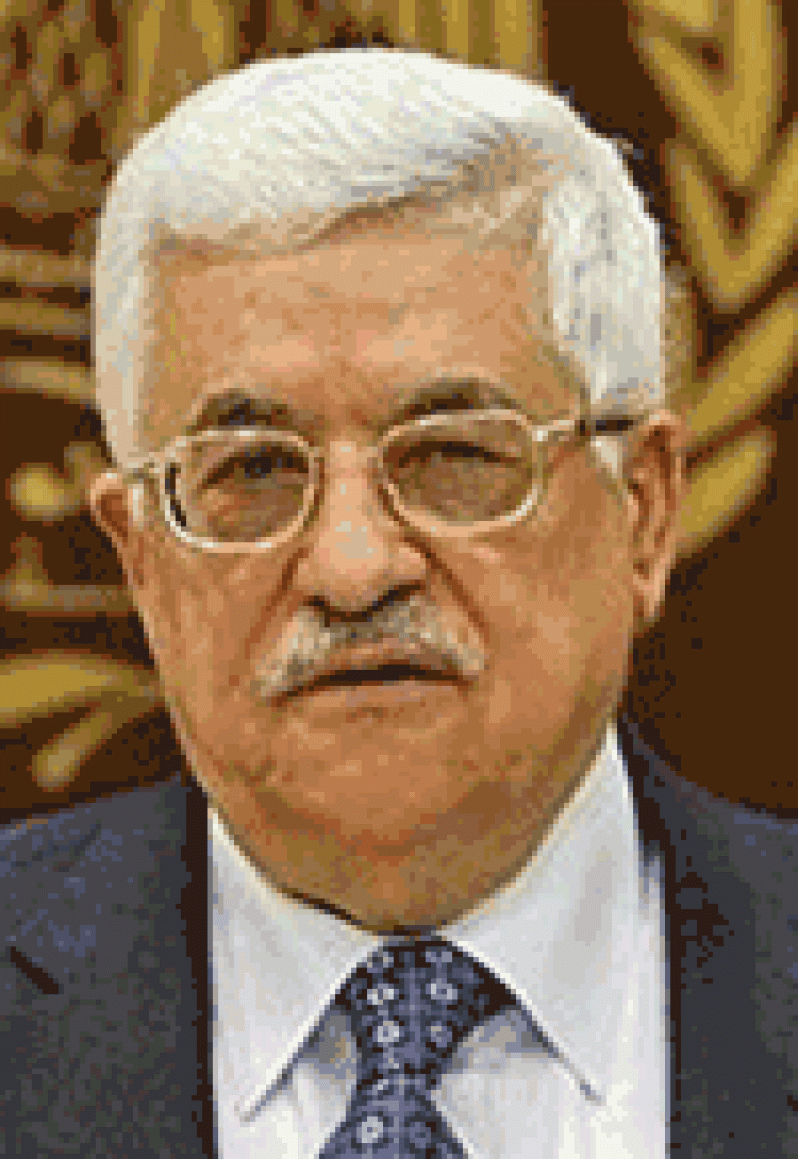Please use headshots of Palestine’s Mahmoud Abbas and Barbados PM, Freuendel Stuart
COORDINATION of Foreign Policy has emerged over the years as one of the –so-called “four pillars” of our Caribbean Community and Common Market (CARICOM).
 But within recent times there have been some developments that perhaps invite the need for some reflections by member governments on the way forward in this critical area that also relates to external economic relations.
But within recent times there have been some developments that perhaps invite the need for some reflections by member governments on the way forward in this critical area that also relates to external economic relations.
For now, I simply wish to remind readers’ to the reality that for all the official rhetoric and posturings, two governments within the sub-region of the Organisation of Eastern Caribbean States (OECS) — St. Kitts and Nevis and St. Vincent and the Grenadines — have continued to maintain a questionable “two-China” policy.
It’s a policy rooted in an old ‘politricks’ that, while fully conscious of the reality of ONE China (People’s Republic of China) expediently continues to do “business” with successive administrations in Taipei, based on Taiwan’s willingness to provide financial assistance to parties and governments that choose to establish and maintain diplomatic relations. The Bahamas and Belize severed such a relationship in preference to dealing with the REALITY of ONE China — the PRC.
The big surprise, however, came with a change in government in Castries with the return to state power of the St Lucia Labour Party (SLP) of Prime Minister Kenny Anthony last November 28 (same date of Guyana’s 2011 general elections).
St Lucia’s China “twist’
Having severed St. Lucia’s diplomatic ties with Taiwan, and maintained throughout its two terms in government, relations with China, the SLP administration continues to maintain the official link with Taipei that was restored by the United Workers Party (UWP) which is known to have heavily bankrolled it during the one-term administration of ex-Prime Minister Stephenson King. A possible return to diplomatic ties with Beijing is said to be “a work in progress”.
Of more immediate significance, however, in the context of CARICOM’s coordination of foreign policy, is the recent historic decision by the United Nations General Assembly to overwhelmingly upgrade the status of the Palestinians to that of the people of a non-member “Observer state”.
But it was a very significant moment in history when three Caribbean states chose to abstain — Barbados, The Bahamas and Haiti.
As I have elsewhere noted, it is generally accepted as a sovereign right of an independent state to vote at international fora, and especially at the United Nations, as considered necessary in its national interest.
Equally, that such a ‘right’ ought not to be detached from a moral obligation by the government of that independent nation to at least provide some explanation/rationalization to its own citizens for casting that vote — whether it is for, against, or to abstain.
In the circumstances, it is therefore to be expected that the Barbados Government in particular may yet feel that sense of obligation to offer an explanation for its quite surprising decision to ABSTAIN from last Friday’s historic overwhelming vote by the UN General Assembly to approve non-member Observer status for the Palestinian Authority.
The Palestinian Authority, which administers an elected democratic government, remains committed to what remains elusive, a two-state policy with both Israel and Palestine living peacefully as independent neighbours within defined borders.
Towards ‘statehood’
The December 7 UN vote to extend “Observer state” status to the Palestinians — was welcome as an implicit ‘statehood’ development. Some 138 nations voted in favour; merely nine against (led by the USA), and 41 abstained.
That dramatic development had the immediate reaction of moving the government of Israel into furthering its controversial expansionist programme of building homes for thousands of Israelis in recognized Palestinian territory on the West Bank.
Frankly, though disappointing, it was not surprising that within our Caribbean Community Haiti and The Bahamas were among the 41 countries that chose the abstention route.
A government in Haiti remains one very much on its economic knees and not difficult to be persuaded by a Washington administration that often speaks with a forked tongue on a “two-state” policy.
So far as the seven-month old administration of Prime Minister Perry Christie’s Progressive Liberal Party in The Bahamas is concerned, the surprise would have been if it had voted FOR the Palestinian Authority’s new status — against the expressed desire of an administration in Washington.
The really big surprise, so far as our Caribbean Community of a dozen independent states is concerned, is that Barbados, one of the so-called ‘Big Four’ of the regional economic integration movement and with an acquired record in avoiding breaking of diplomatic ranks, chose to exercise its abstention vote on a most historical development involving the Palestinian people.
In so doing, and in comparison with the other members of the ‘Big Four’ (Jamaica, Guyana and Trinidad and Tobago) — not forgetting small partner states like Grenada, Dominica, St Lucia, St Vincent and Grenadines, St. Kitts and Nevis, that voted AGAINST –Barbados’ abstention decision seems deserving of an official explanation. The big question is: Would such an explanation be forthcoming?



.jpg)









